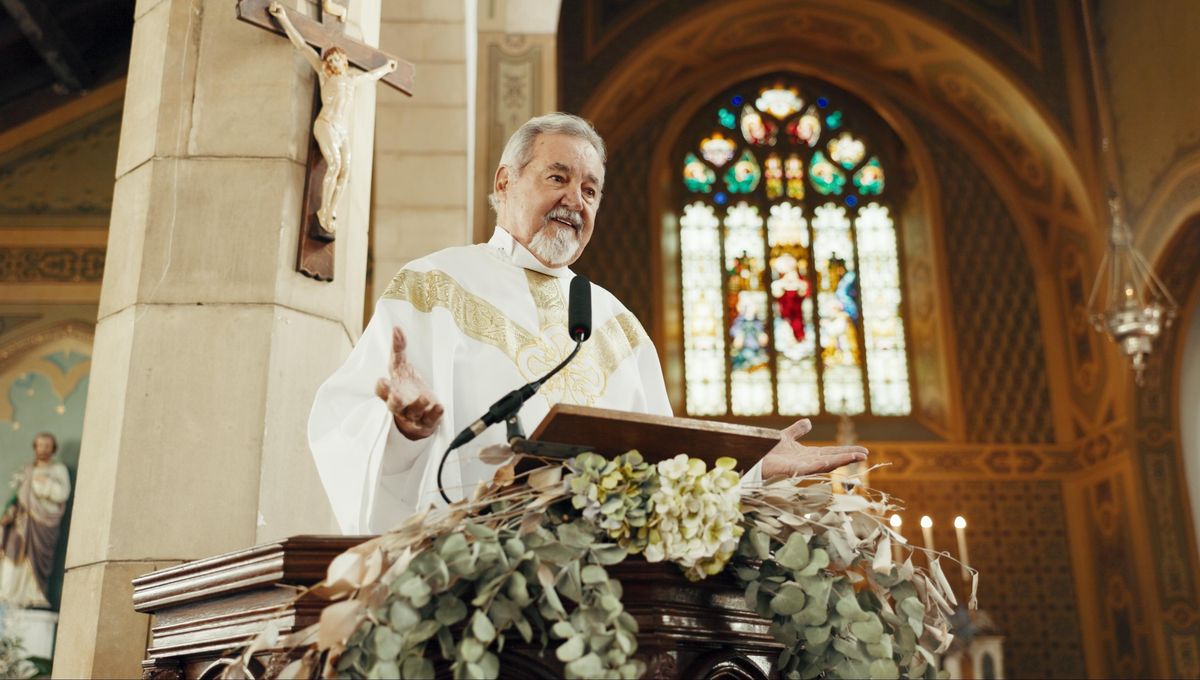
Believe it or not, nearly 90 percent of Christian religious leaders in the US believe in human-driven climate change, according to a new study.
Climate change is one of the most significant challenges facing the world today. Despite some vocal opposition, most Americans (72 percent, according to a recent report from Yale University) believe this phenomenon is occurring and roughly 65 percent have expressed concerns about its impacts for the planet, ecosystem, and future generations.
But despite this widespread consensus about the threats posed by climate change, very few Americans (around a third) discuss the problem with one another and few take efforts to combat it, such as changing their own lifestyles, or organizing political action.
So why do so many Americans fail to talk about this incredibly important problem? One reason could be because the public does not accurately recognize the consensus, fearing that they are in fact in the minority. In fact, there is evidence to suggest this is the case, that Americans underestimate the concerns of their fellow citizens and their desire for policies that mitigate the climate threat. Instead, they regard the minority position – that climate change isn’t real – as the dominant one.
There is also the related issue that many Americans see the issue as being separated across the political divide, with leftists living in cities and environmentalists wanting action, while conservatives, religious individuals, and rural communities wanting the government to oppose it.
Within this confusion, it is likely that major institutions play an important role in shaping public perceptions of what people think. Institutions such as Congress could play a valuable role in bringing the public together to address the climate crisis, or they could further the perceived gulf between those who care and those who do not.
In a new study, researchers focused their attention on religious leaders in the United States to see what role they could play in creating dialogue on the subject.
The team examined data collected between 2023 and 2024 from a nationwide survey of 1,600 religious leaders in the country.
The data included information obtained from Christian leaders from various denominations, including fundamentalist, evangelical, Baptist, Methodist, Black Protestant, Roman Catholic and more. They were all recruited to match the proportions of churches across the country. The survey asked the participants about their beliefs in climate change and whether they discussed it with their congregations.
The results were fascinating: the overwhelming majority of Christian religious leaders accept human-caused climate change, but nearly half have never mentioned it or humans’ role in perpetuating to their congregations. In addition, only a quarter have spoken about it more than ones or twice.
Opportunity for change
Within the popular imagination, there is often the belief that religious conservatism and climate skepticism go together, but this research suggests otherwise. The belief is mostly built on features of Christian belief, such as the Earth being created by God and that humans cannot therefore damage it, along with a wider resistance or rejection of scientific ideas.
The team surveyed a sample of Christians from the major American denominations and found they believe that roughly half of Christian leaders in churches like their own deny human-caused climate change. In reality, the data collected in the survey suggested that only 1 in 10 thought this way, indicating a massive overestimation of the prevalence of climate denial among religious leaders.
Understandably, those who attend church and don’t believe their leaders agree that humans are causing climate change report being less likely to discuss it with their fellow congregation members. They are also less interested in attending events aimed at addressing climate change or raising awareness of its impacts.
The team also examined what would happen if they learned the reality behind this situation. In a brief survey, Christians were told the perception of church leaders across the country, and among their own denomination specifically. As a result, the researchers found that respondents’ perceptions and attitudes towards climate change shifted.
In particular, churchgoers who were told about the actual consensus among their leaders were more likely to say that “taking action to reduce climate change” is consistent with their church’s values. Churchgoers who received this information were also more likely to feel it would be inconsistent with their church to vote for a political candidate who denied climate change.
The results clearly demonstrate how religious leaders are in a unique position to influence climate action. All they have to do is talk about their beliefs.
The study is published in the journal PNAS.
Source Link: The Majority Of American Christian Leaders Secretly Believe In Human-Caused Climate Change